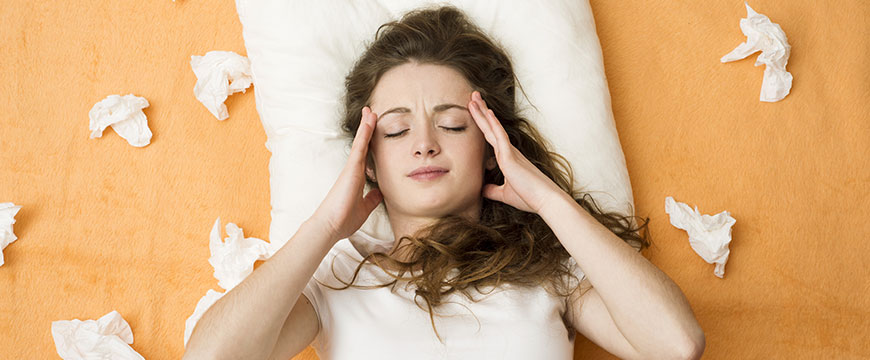
If you are one of the people who have respiratory allergies, then getting a good night’s sleep is hard. They cause nasal congestion, itchy nose and eyes, post-nasal drip, and they can really bother you at night. Aside from that, untreated allergies can block your sinusitis, sinuses, and snoring. All of these cause night-times disturbed sleep and awakenings.
It is challenging to deal with allergy symptoms while you are awake, and you need to see an allergy doctor to help you treat these symptoms. In addition, you can follow some tips on how to sleep better at night with allergies. Read this article until the end to know more.
Anti-Allergy Bedding
You can try investing in anti-allergy bedding because it helps stop pollen, dust, and dirt from going into your mattress since it uses advanced fabrics. It is a great idea to not use feather-type and wool bedding because it harbors more dirt and dust compared to synthetic fibers. This kind of bedding cannot easily be washed either.
Close Your House
If possible, shut the windows and outside doors shut during pollen season, especially during the day. If you use central air conditioning, use it so that you can shut outside doors and windows. If your pets spend time outdoors, do not let them inside the bedroom. Aside from the animal dander, they can carry and deposit pollen that got stuck in their fur.
Air Purifier
This is a very important tool for managing allergy symptoms. They are household machines that will actively filter out the harmful contaminants in the air and they can be very effective in removing any chemicals left in your home. You can use different filters, which include pleated filters and activated carbon.
Sleep in a Different Position
Your sleep deprivation from allergies can also be because of the position you are sleeping in. if you have seasonal allergies, you can prevent any flare-up and alleviate any sinus pain by changing your sleeping position. If you want to drain your throat and nose because of congestion, you should try tucking 2 pillows to elevate your upper back and head so your sleeping position is upright. This position is going to help your breathing.
Take Allergy Medication at Night
Sneezing, itchy eyes and sneezing are all symptoms of hay fever, and they normally peak during the early morning, which starts shortly after waking up. The morning symptoms will be reduced when you take allergy medications before sleeping at night. This assures that it will flow in your bloodstream when you need it the most, especially early the next morning. In general, the symptoms peak at 4 am.
Keep Dust Mites Away
Dust mites are lurking in the bedroom, and they can disrupt your downy sleep. You need to use dust-mite-proof mattresses and pillowcases so that there is a barrier separating you and the dust. You need to wash your bedding weekly using hot water at 130 degrees F to kill allergens and dust mites. These microscopic critters hide in the bedding, carpets, and curtains, which is why it is recommended that you have hardwood floors and remove fabric curtains and furniture upholstery.
The humidity in your home should be less than 50% using an air conditioner or dehumidifier. That is why dust mites will survive in the humid and warm environment the entire year.
Shower Before Bed
Showering before bed helps wash pollens away that you collected all day.
If you cannot manage it alone, you need to go to an allergy clinic Manassas VA to get the treatment you need.